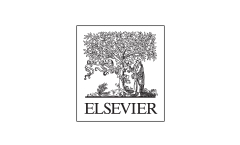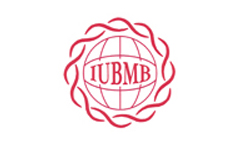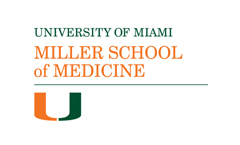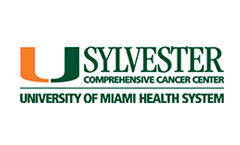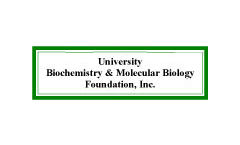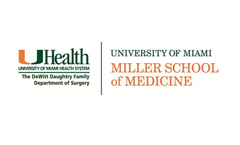Welcome from Conference Chairs.
About the Miami Winter Symposia
The Miami Winter Symposia have been running for 51 consecutive years and have a rich history. Each meeting takes as its theme a topic of current research and/or clinical interest, and aims to broadly cover both basic research, translational issues and potential or actual clinical applications. This year’s Miami Winter Symposium 2019 is dedicated to “HIV and Emerging Viral Infections” that will showcase exceptional individuals who have made a mark in this field. The goal of this distinctive and outstanding symposium is to provide the most current knowledge of relevant topics: the face of HIV/AIDS today, immune mechanisms and interventions, HIV reservoirs and cure strategies, HIV antibodies for prevention and treatment, the opioid crisis and its intersection with HIV, emerging infections and therapeutic advances.
We are excited to have among us several luminaries who will be honored at this year’s program: Drs Robert Gallo, Bob Siliciano, Nora Volkow, Anthony Fauci, Michel Nussenzweig and Raymond Schinazi. Other distinguished faculty hail from major universities within US and globally. Selected abstracts will be presented in oral and poster sessions.
The Miami Winter Symposium 2019 will be an exclusive opportunity for scientists and researchers to broaden their horizons in an arena of cutting edge science. Pharmaceutical and industry participants interested in advising and participating in research collaborations will find the Symposium to be an opportune interactive platform. Scholarships and travel awards will be given to selected abstracts.
We welcome your participation and hope you will take the opportunity to submit an abstract.
We look forward to meeting with you in Miami.
Symposium Directors
Miami Winter Symposium

